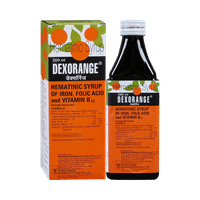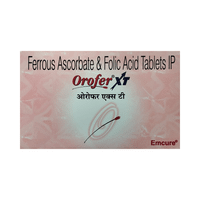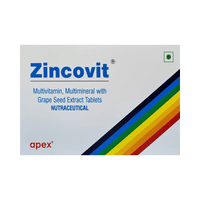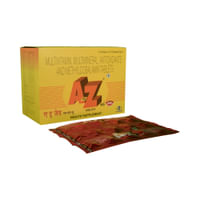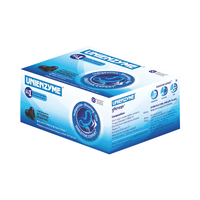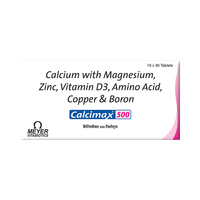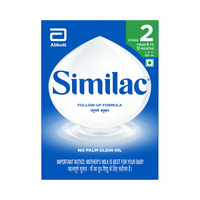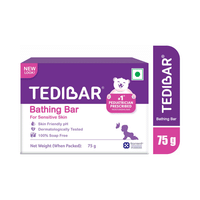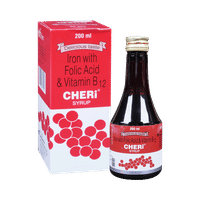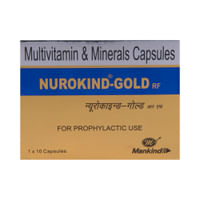Alcoderm Cream
Composition FOR Alcoderm
Betamethasone(0.5mg),Gentamicin(1mg),Tolnaftate(1mg),Clioquinol (Iodochlorhydroxyquin)(10mg)food interaction for Alcoderm
alcohol interaction for Alcoderm
pregnancy interaction for Alcoderm
lactation interaction for Alcoderm
medicine interaction for Alcoderm
food
alcohol
pregnancy
lactation
medicine
No interaction found/established
No interaction found/established
Alcoderm Cream is unsafe to use during pregnancy as there is definite evidence of risk to the developing baby. However, the doctor may rarely prescribe it in some life-threatening situations if the benefits are more than the potential risks. Please consult your doctor.
CONSULT YOUR DOCTOR
Information regarding the use of Alcoderm Cream during breastfeeding is not available. Please consult your doctor.
CONSULT YOUR DOCTOR
No interaction found/established
SALT INFORMATION FOR Alcoderm
Betamethasone(0.5mg)
Uses
Betamethasone is used in the treatment of allergic conditions.
How it works
Betamethasone is a steroid which works by blocking the production of certain chemical messengers in the body that cause inflammation (redness and swelling) and allergies.
Common side effects
Weight gain, Mood changes, Behavioral changes, Skin infection, Hair follicle inflammation, Itching, Burning sensation, Cataract, Increased glucose level in blood, Bruising, Headache, Dizziness, Weakness, Fatigue, Visual disturbance, Nausea, Altered menstrual cycle, Impaired wound healing, Dryness, Stretch marks, Hypertrichosis (excessive hair growth), Skin atrophy, Miliaria (sweat rash), Perioral dermatitis, Allergic contact dermatitis, Hypopigmentation, Local site pain, Angioedema (swelling of deeper layers of skin), Decreased potassium level in blood, Hypersensitivity, Blindness, Pulmonary edema, Rebound effect, Cushing syndrome, Glycosuria, Glaucoma, Slow heart rate, Cardiac arrest, Arrhythmia (irregular heartbeats), Cushingoid syndrome, Perforated peptic ulcer, Pathologic fracture of long bones, Hypothalamic-pituitary-adrenal axis suppression, Charcot-like arthropathy, Steroid myopathy
Gentamicin(1mg)
Uses
Gentamicin is used in the treatment of bacterial infections.
How it works
Gentamicin is an antibiotic. It stops bacterial growth by preventing synthesis of essential proteins required by bacteria to carry out vital functions.
Common side effects
Hearing loss, Joint pain, Headache, Breathlessness, Vomiting, Nausea, Fever, High blood pressure, Edema (swelling), Thrombophlebitis, Confusion, Depression, Drowsiness, Lethargy, Myasthenia gravis, Numbness, Paresthesia (tingling or pricking sensation), Peripheral neuropathy (tingling and numbness of feet and hand), Seizure, Vertigo, Hair loss, Urticaria, Decreased calcium level in blood, Weight loss, Clostridium difficile associated diarrhea, Decreased appetite, Enterocolitis, Urinary casts, Low urine output, Protein in urine, Renal toxicity, Agranulocytosis (deficiency of granulocytes in the blood), Anemia (low number of red blood cells), Hepatomegaly (enlarged liver), Increased liver enzymes, Hypersensitivity, Muscle cramp, Muscle weakness, Visual disturbance, Ringing in ear, Decreased creatinine clearance, Respiratory depression, Increased reticulocytes, Low blood platelets, Pulmonary fibrosis, Enlarged spleen, Laryngeal edema, Gastrointestinal bleeding
Tolnaftate(1mg)
Uses
Tolnaftate is used in the treatment of fungal skin infections.
How it works
Tolnaftate, an anti-fungal medicine. It prevents growth of fungal cell-wall. It also prevents forming fungal colony. This is how it causes death of fungi and relieves your infection.
Common side effects
Skin irritation
Clioquinol (Iodochlorhydroxyquin)(10mg)
Uses
Clioquinol (Iodochlorhydroxyquin) is used in the treatment of skin infections, fungal infections and bacterial infections of external ear.
How it works
Clioquinol belongs to a category of drugs called as hydroxyquinoline antifungal agents. It acts by interacting with DNA synthesis thus killing the fungi that are responsible for causing the infection. It may be combined with a steroid (to reduce inflammation) or an antibacterial agent (to reduce bacterial infection).
.Common side effects
Burning sensation, Itching, Rash, Skin swelling, Erythema (skin redness)
SUBSTITUTES FOR Alcoderm
No substitutes foundExpert advice FOR Alcoderm
- Betamethasone can be taken with or without food, but try to have it at same time every day.
- Do not use it more often or for longer than advised by your doctor.
- Betamethasone can make it harder for you to fight off infections. Notify your doctor if you have any signs of infection such as a fever or sore throat.
- Side effects such as mood changes or stomach problems can happen when you start taking Betamethasone. Inform your doctor if this bothers you.
- Do not stop taking Betamethasone suddenly without talking to your doctor first as it may worsen your symptoms.
Frequently asked questions FOR Alcoderm
Betamethasone
Q. How does Betamethasone work?
Betamethasone works by decreasing the inflammation caused by allergies. It reduces inflammation by blocking the release of certain natural substances that cause allergic symptoms such as swelling, redness, and pain.
Q. Is Betamethasone safe to use?
Betamethasone is safe to use when used in the dose and duration advised by your doctor. You should not take this medicine if you are allergic to Betamethasone or any of the other ingredients of this medicine. Furthermore, you should not take Betamethasone if you have an infection and have not yet started medicine (e.g., antibiotics) to treat it.
Q. Does Betamethasone cause hair loss?
No, Betamethasone is not known to cause hair loss. In fact, it may cause an increase in body hair growth (especially in females) on long-term use. Talk to your doctor if you get excessive hair growth on your body while taking Betamethasone.
Gentamicin
Q. What is Gentamicin? What is it used for?
Gentamicin is an antibiotic used to treat bacterial skin infections. It may also be used to treat infected cuts and wounds. Gentamicin stops the growth of bacteria, which helps to resolve the symptoms.
Q. Is Gentamicin effective?
Gentamicin is effective if used in the dose and duration advised by your doctor. Do not stop taking it even if you see improvement in your condition. If you stop using Gentamicin too early, the symptoms may return or worsen.
Q. How to use Gentamicin?
Before using Gentamicin, clean and dry the affected area. Gently and thoroughly massage it into the skin. Be careful not to get the medication in your eyes or mouth. If Gentamicin gets in your eyes accidentally, wash with plenty of water and call your doctor if your eyes are irritated.
Tolnaftate
Q. Is Tolnaftate a steroid?
No, Tolnaftate is not a steroid. It is an antifungal medicine which is used to kill a wide variety of infection-causing fungus. It is applied on the affected skin or nails to treat fungal infections of the skin and nails.
Q. Is Tolnaftate effective?
Tolnaftate is effective if used in the dose and duration advised by your doctor. Do not stop taking it even if you see improvement in your condition. If you stop using Tolnaftate too early, the symptoms may return or worsen.
Q. How to use Tolnaftate?
First of all, make sure that the affected area is dry and properly cleaned before using Tolnaftate. Then, gently and thoroughly massage it into the skin. Be careful not to get the medication in your eyes or mouth. If Tolnaftate gets in your eyes accidentally, wash with plenty of water and call your doctor if your eyes are irritated.
Clioquinol (Iodochlorhydroxyquin)
Q. What is clioquinol cream used for?
Clioquinol cream is used for treating skin infections such as eczema (itchy skin), athlete's foot (ringworm infection, a fungal infection of the foot), jock itch (fungal infection of the groin area) and other ringworm infections.













